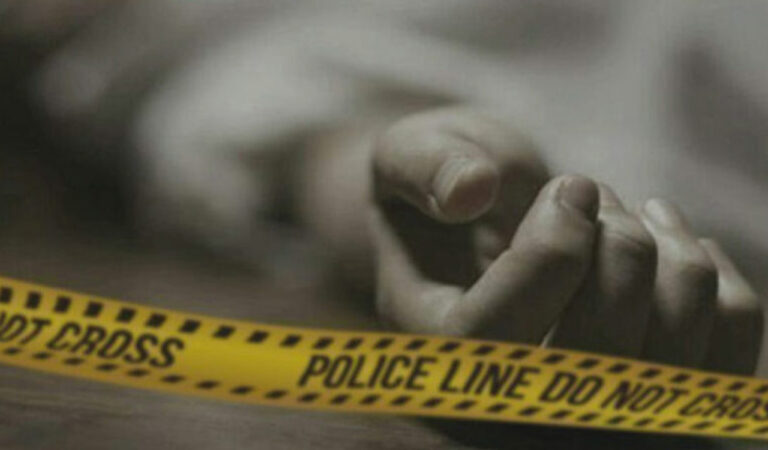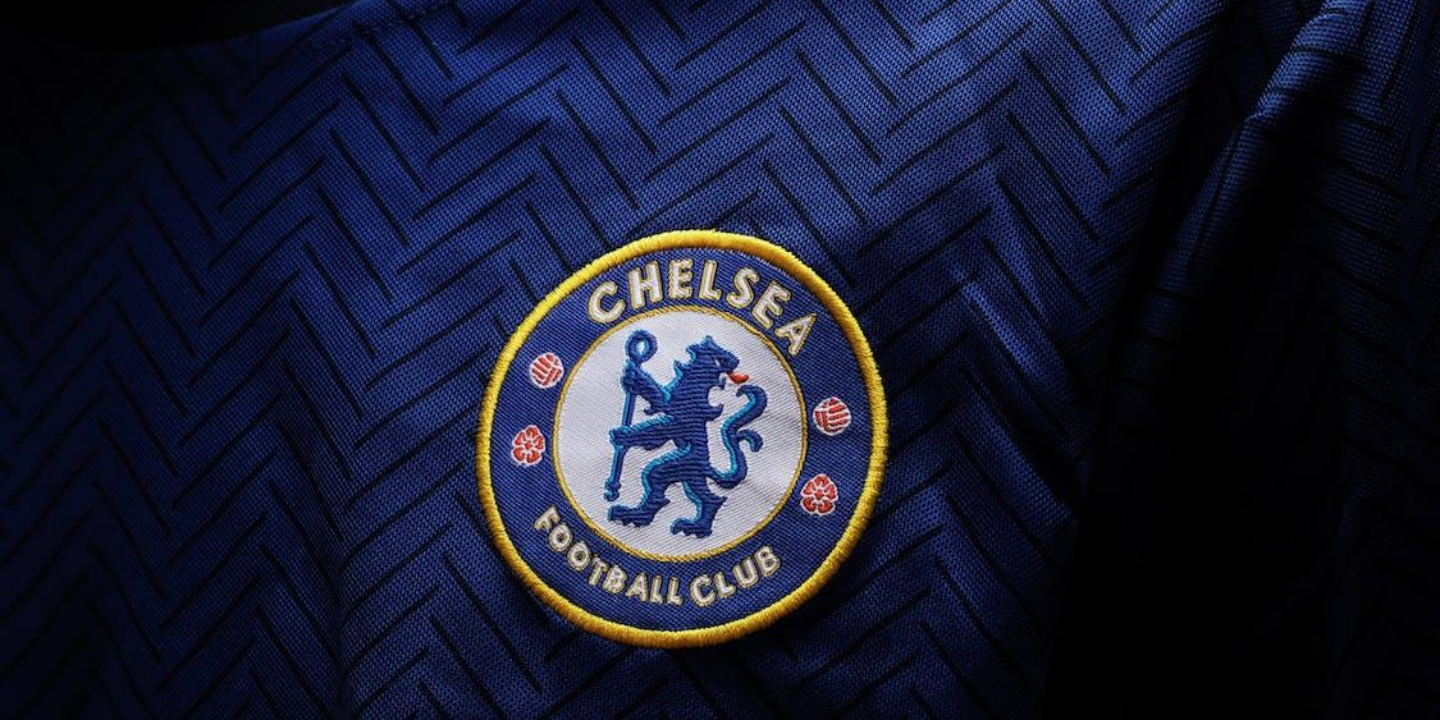
A view shows damaged buildings in Gaza, amid the ongoing conflict between Israel and the Palestinian Islamist group Hamas, as seen from Israel, January 12, 2024. — Reuters pic
Join us on our WhatsApp Channel, follow us on Instagram, and receive browser alerts for the latest news you need to know.
Saturday, 13 Jan 2024 7:45 AM MYT
PALESTINIAN TERRITORIES, Jan 13 — Telecommunication services were cut across besieged Gaza yesterday, as Israeli strikes killed dozens in southern cities where hundreds of thousands are struggling to survive hunger and cold on day 98 of the war between Israel and Hamas.
The fighting between Hamas and Israeli forces raged after a night of heavy Israeli shelling, and came amid growing fears of the conflict widening after US and British forces struck pro-Hamas Huthi rebels in Yemen after attacks on Red Sea shipping.
In Gaza, an AFP journalist reported strikes and shelling hitting areas between the territory’s southern cities of Khan Yunis and Rafah, which is crowded with people who have fled from the north.
Overnight Thursday-Friday, the bombardment killed at least 59 people and wounded dozens more across the besieged territory, the health ministry in Hamas-run Gaza said.
Advertisement
The Israeli military said it had killed seven “terrorists” in a strike in Khan Yunis and a further 20 in the Maghazi area to the north.
AFP footage showed black smoke billowing over Rafah and Khan Yunis.
“Does anyone care about us? Why is everyone silent?” asked one mourner at a hospital where a group of Palestinians had gathered beside white body bags of the latest casualties.
Advertisement
Elsewhere in Rafah, resident Fayad Abu Rjeila surveyed the wreckage of a building after an Israeli strike he said had killed civilians in their homes.
“They had nothing to do with anything. People who just wanted to live,” he told AFP.
“Why did they target them?”
Israel’s military said its ground forces and air strikes had destroyed more than 700 rocket launchers in Gaza since the war began on October 7.
‘Gaza blacked out’
Yesterday, all internet and telecommunications services in Gaza were cut as a result of the Israeli bombardment of the Palestinian territory, the main operator Paltel said.
“Gaza is blacked out again,” it said in a post on X, formerly Twitter.
The Palestinian Red Crescent posted that the disruption was increasing the challenges in “reaching the wounded and injured promptly”.
Israel’s bombardment of Gaza has killed at least 23,708 people, mostly women and children, according to the latest health ministry figures.
Vowing to eliminate Hamas, Israel has carried out a relentless bombardment, alongside a ground invasion, since Hamas fighters attacked Israel on October 7 and also seized around 250 hostages.
The unprecedented attack by the Islamist group resulted in the death of about 1,140 people in Israel, mostly civilians, according to an AFP tally based on official figures.
Prime Minister Benjamin Netanyahu’s office said yesterday a deal had been negotiated with Qatar to get medicines through to hostages still being held in Gaza.
On Tuesday, Israeli campaign group Hostages and Missing Families Forum released a report saying the captives were in poor health, some with complex illnesses, others with injuries.
The medicines deal “will allow the entry of medicines for the hostages held by the Hamas terrorist organisation in Gaza”, Netanyahu’s office said in a statement.
Israel meanwhile criticised the UN human rights office for not reiterating its calls for the release of the hostages in a statement marking the looming 100th day of the conflict.
“A call for a ceasefire, without demanding the release of our hostages and the disarming of Hamas, is a call for terrorism to win,” its office in Geneva said.
The UN high commissioner for human rights, Volker Turk, has previously called repeatedly for the hostages to be freed.
Andrea De Domenico, head of the UN aid agency OCHA’s office in the occupied Palestinian territories, told AFP yesterday Israel was constantly blocking humanitarian aid convoys into northern Gaza.
“But in particular, they have been very systematic to not allowing us to support hospitals, which is something that is reaching a point of a level of inhumanity that for me is beyond comprehension,” he said.
In central Gaza, a lack of fuel forced the shutdown of the main generator of Al Aqsa Martyrs Hospital in Deir el-Balah, the health ministry said.
Amid fears of Israel’s war against Hamas spreading, American and British forces launched early morning raids against Yemen’s Iran-backed Huthis, after the rebels targeted shipping in the Red Sea they said was linked to Israel.
Violence involving Tehran-aligned groups in Yemen, as well as in Lebanon, Iraq and Syria, has surged since the Israel-Hamas war erupted.
‘Legitimate targets’
Following Friday’s pre-dawn strikes, the Huthi Supreme Political Council threatened to retaliate against US and British interests, saying they were now “legitimate targets”.
In Rafah, Fuad al-Ghalaini, displaced from Gaza City, told AFP the attacks on Yemen were not unexpected.
“No one is standing with us but Yemen, and when Yemen decided to take action to stand with the Palestinian people and the people of Gaza, they fought it and allied against it,” he said.
In the occupied West Bank, Israeli troops “neutralised” three militants after they attacked a Jewish settlement, the army said.
It said there had been a “terrorist infiltration” in the Adora settlement, some 20 kilometres (12 miles) west of Hebron, and soldiers had come under fire.
The soldiers searched the area and “three assailants were identified and neutralised by the security forces”.
Since the war in Gaza broke out, violence in the occupied West Bank has also surged, with at least 337 people killed by Israeli troops or settlers, according to the health ministry in Ramallah. — AFP

.png) 4 months ago
4 months ago
















 English (US) ·
English (US) ·